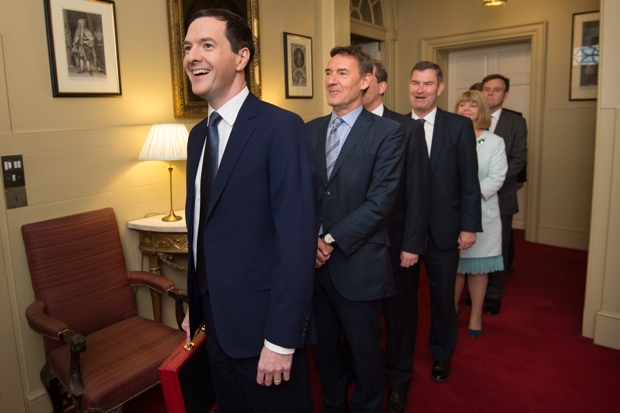Have we ever had a more political Chancellor of the Exchequer? I doubt it. The political skills of George Osborne were on full display in July’s Summer Budget. Here he tweaked Labour’s tail particularly violently by pinching the party’s higher minimum wage strategy that all too many within Labour thought would be a winning card at the last election.
I still wonder whether he sees the revolutionary potential of his Labour-baiting initiative, the ‘National Living Wage’. With a little more development it could become the most important game changer in Britain’s post-war welfare debate.
A little over two centuries ago, with the rise of a dual agricultural and industrial society, those in charge of the Poor Law had to deal with honest labourers whose wages were insufficient to prevent their families being plunged into a state of hunger. Ratepayer-funded remedies were devised to top up these below-subsistence wage packets. Hence the beginning of what was called the Speenhamland system, named after the town in which this particular wage subsidy was devised.
Now wind the clock forward to the early 1970s with the beginning of the break-up of the post-war boom in Britain and other Western economies.

Britain’s best politics newsletters
You get two free articles each week when you sign up to The Spectator’s emails.
Already a subscriber? Log in







Comments
Join the debate for just £1 a month
Be part of the conversation with other Spectator readers by getting your first three months for £3.
UNLOCK ACCESS Just £1 a monthAlready a subscriber? Log in